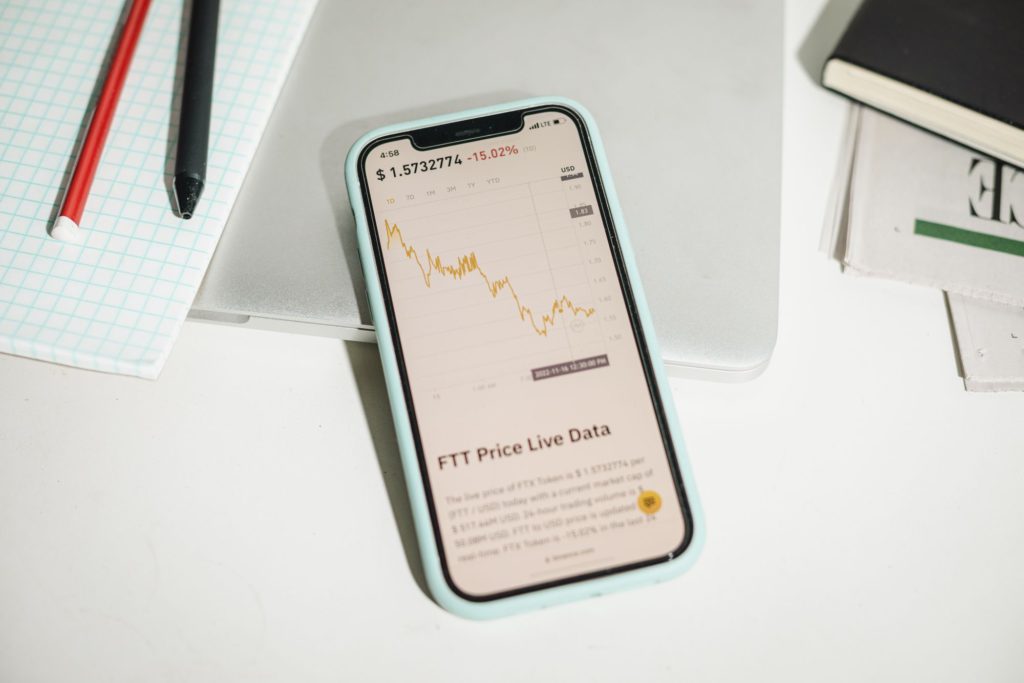A Japanese lawmaker urged more clarity on cryptocurrency regulation after an industry watchdog didn’t tell consumers about potential red flags around FTX’s native coin when it approved the token for a local listing this year.
(Bloomberg) — A Japanese lawmaker urged more clarity on cryptocurrency regulation after an industry watchdog didn’t tell consumers about potential red flags around FTX’s native coin when it approved the token for a local listing this year.
“It will become more and more important to ensure transparency for consumers when there are any matters that require attention on tokens,” Akihisa Shiozaki, a lawmaker with the ruling Liberal Democratic Party, said in an interview. Still, FTX’s meltdown shouldn’t cause Japan to reverse course in relaxing coin-listing rules, according to Shiozaki, who helped to design the nation’s crypto policy.
Disgraced crypto founder Sam Bankman-Fried’s digital assets empire imploded just as Japan was warming up to crypto again, betting that developing digital asset ventures would help the country’s economic growth. The plummeting value of FTX’s native token FTT was part of the chain of events in the company’s collapse.
FTX’s Japan subsidiary added FTT to its offerings in February after getting a go-ahead from the industry’s self-regulatory body that screens listing requests from local exchanges. The large FTT holdings between FTX and its trading house Alameda Research that resulted from lax record keeping, poor centralized controls and alleged co-mingling of customer assets was part of the reasons behind FTX’s downfall.
The approval from the Japan Virtual and Crypto Assets Exchange Association, also known as JVCEA, was “conditional”, according to a document circulated last month during a political meeting and seen by Bloomberg News. The watchdog had required FTX Japan K.K. to monitor Alameda Research’s FTT holding balance as a condition for its approval, according to the document.
JCVEA declined to comment, when asked about this information that hasn’t been made public to consumers. The JVCEA reported to the Financial Services Agency when it authorized FTT’s listing under some conditions, an official at the country’s financial regulator said.
Offering consumers such details is important for Japan to “maintain trust in a token economy,” Shiozaki said. Even so, while JVCEA needs to be more upfront with information, it should stay the course in its policies toward crypto, he added, in a broad reference to the association’s recent moves to make it easier for local exchanges to list tokens.
A lawyer by training, he’s the son of Yasuhisa Shiozaki, who served as health, labor and welfare minister under former Prime Minister Shinzo Abe and was instrumental in overhauling the country’s pension system.
FTX’s demise was due to “problems in its governance as an exchange,” he said. “We need to think of that separately from the issue of how token vetting should be.”
–With assistance from Suvashree Ghosh.
More stories like this are available on bloomberg.com
©2022 Bloomberg L.P.











